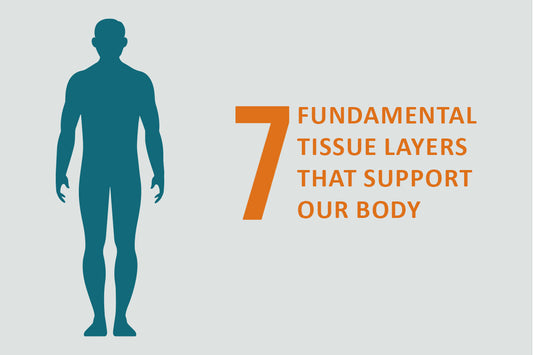Most people equate rest with sleep, but sleep alone doesn’t cover all the ways we expend energy throughout the day. You may sleep for eight hours and still wake up mentally foggy, emotionally drained, or creatively uninspired. That’s because the body and mind have multiple "banks" of energy, and each requires its own form of rest.
Ayurveda recognizes this by viewing health as a balance of body, mind, and spirit. Just as food nourishes different tissues (dhatus), rest nourishes different dimensions of our being. By understanding the seven types of rest, we can intentionally pause and replenish what is truly depleted.
What Are the 7 Essential Types of Rest?
- Physical Rest
Physical rest is the foundation. It includes not only sleep, but also restorative practices that allow muscles and joints to recover like stretching, or gentle massage. Ayurveda recommends abhyanga (oil massage) with warm sesame or herbal oils to ground the nervous system, calm restlessness, and prepare the body for deeper sleep.
- Mental Rest
When your mind is constantly juggling thoughts, decisions, and information, you experience mental fatigue. True mental rest means stepping back from constant problem-solving. Writing a simple to-do list before bed, taking a short pause between meetings, or practicing a few mindful breaths can create spaciousness in the mind.
- Emotional Rest
Emotional depletion often arises when we suppress our feelings or overextend ourselves to meet others’ expectations. Emotional rest means honesty with yourself and those around you. Ayurveda suggests reflective practices like journaling, or even sitting quietly with your feelings, allowing emotions to move instead of staying trapped.
- Sensory Rest
In a world of screens, bright lights, and constant noise, our senses rarely get a break. Sensory rest involves intentionally reducing stimulation dimming lights in the evening, turning off notifications, or spending time in a quiet natural environment. Ayurveda often prescribes daily rituals of silence (mauna) to give the senses a true reset.
- Creative Rest
Creative rest is about recharging your imagination and sense of wonder. Instead of producing, you allow yourself to receive. This can mean walking in a garden, appreciating art, or listening to soothing music. Ayurveda considers time in nature (prakriti) a natural source of inspiration and a way to restore creative flow.
- Social Rest
We often think more social interaction equals better connection, but quality is more important than quantity. Social rest comes from choosing uplifting company or allowing solitude when needed. Ayurveda emphasizes satsang, the value of surrounding yourself with supportive, truth-seeking company as a way to nourish social energy.
- Spiritual Rest
Spiritual rest connects us with meaning and purpose beyond daily demands. It doesn’t have to be religious, it can be as simple as meditating, practicing gratitude, or walking in nature with awareness. Ayurveda sees this as alignment with dharma, the inner compass that keeps life purposeful and steady.
How Do Herbs Support Deeper Rest?
Ayurveda often pairs rituals of rest with herbal support, recognizing that plants can gently nourish the body and mind in ways that deepen restoration.
- Ashwagandha is grounding, helping the body transition from activity to calm, which makes physical and mental rest more effective.
- Tulsi (Holy Basil) helps clear heaviness in the mind, creating space for emotional and spiritual rest.
- Guduchi is used to steady energy, supporting resilience so daily stress doesn’t chip away at deeper rest.
- Shilajit aids sustain stamina during the day, indirectly allowing more complete renewal at night.
- Echinacea helps maintain balance in the body, so restorative pauses whether physical or spiritual have lasting impact.
By integrating these herbs, the seven types of rest are no longer isolated rituals but part of a holistic rhythm of nourishment and renewal.
Final Thought
Rest is not simply the absence of activity; it is an intentional act of renewal across different layers of life. By recognizing the seven types of rest and weaving them into your day, you create space for balance and vitality.
At Sandhu Herbals, we honor this holistic view with herbs rooted in Ayurvedic wisdom, gentle companions that make rest deeper, steadier, and more complete.






